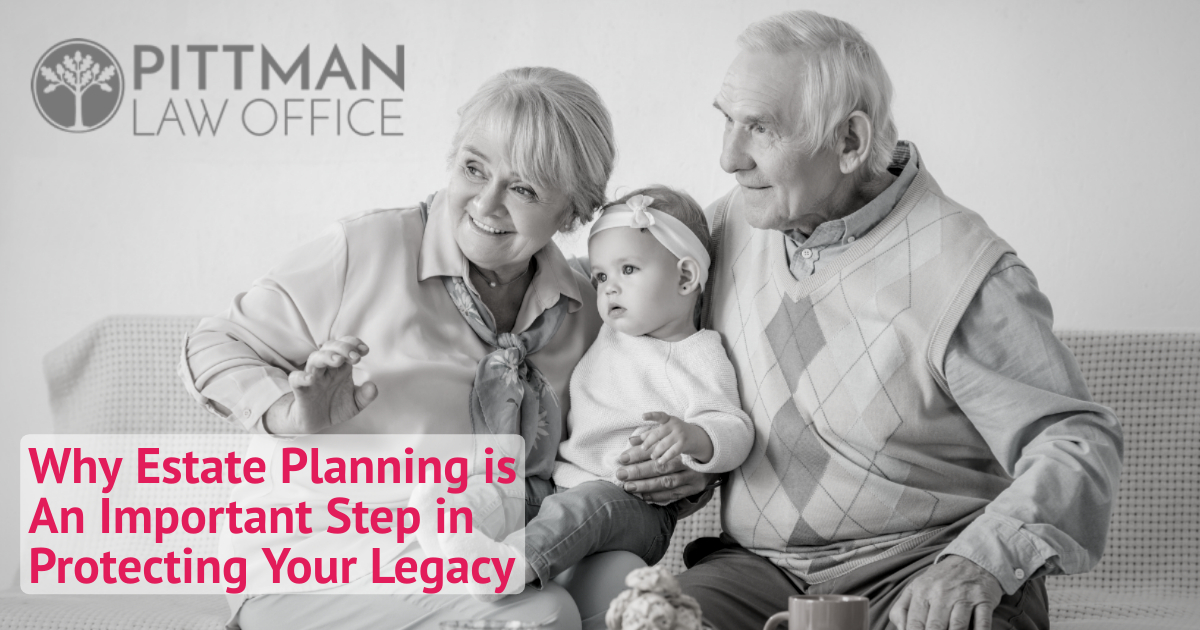We are continuing our series of articles discussing the role estate planning plays in protecting…
The Merck Manual of Health & Aging offers the following strategies for avoiding caregiver burnout:
- Learn about the cause, symptoms, and course of the person’s condition. Anticipate changes.
- Let the older person make his own decisions and solve problems if he is able. Set limits to the amount of assistance offered if necessary.
- Avoid taking an older person’s anger, frustration, or difficult behaviors personally. These behaviors may be symptoms of a disorder such as dementia.
- Avoid arguments.
- Delegate responsibilities and ask other family members and friends to help whenever possible.
- Ask for help from trustworthy family member, friends, or neighbors. Be explicit but reasonable about expectations. Avoid criticism as long as the person helping is responsible.
- Discuss feelings and experiences with others, either informally or through a support group.
- Eat and exercise regularly, and schedule regular time for relaxing, enjoyable activities.
- Obtain information about the older person’s resources; avoid depleting personal finances.
- Consider day care or respite care before the burden of isolation or of caregiving grows too great. Remember that assisted living facilities and nursing homes may be the best option.



